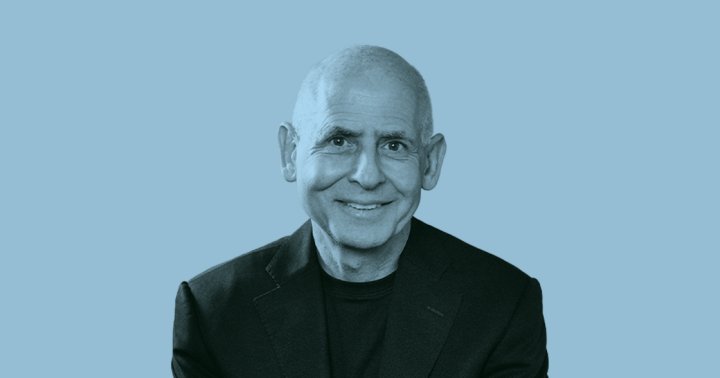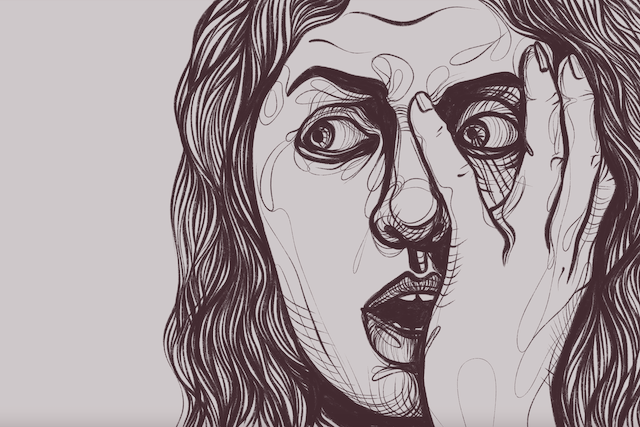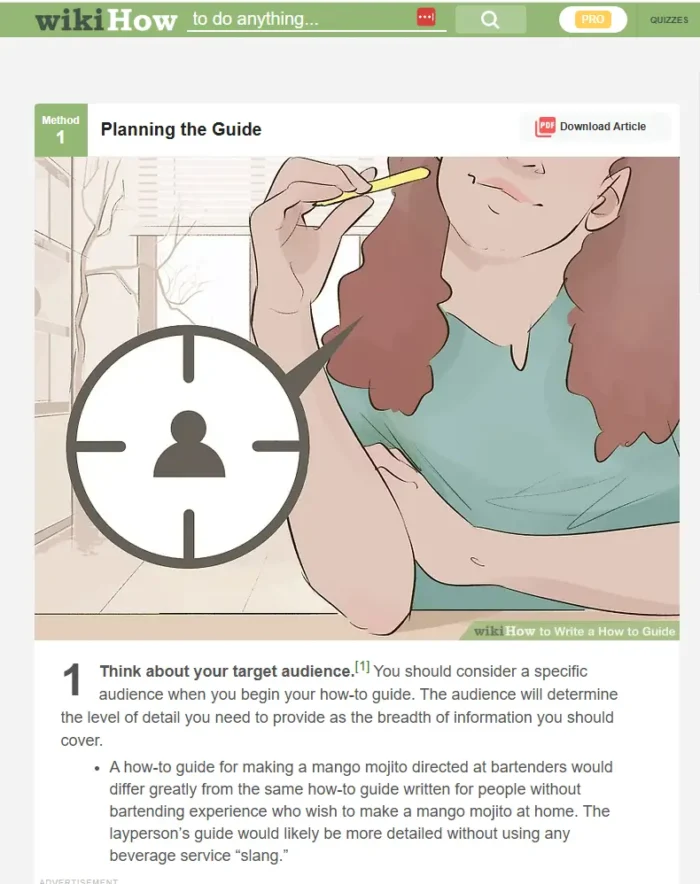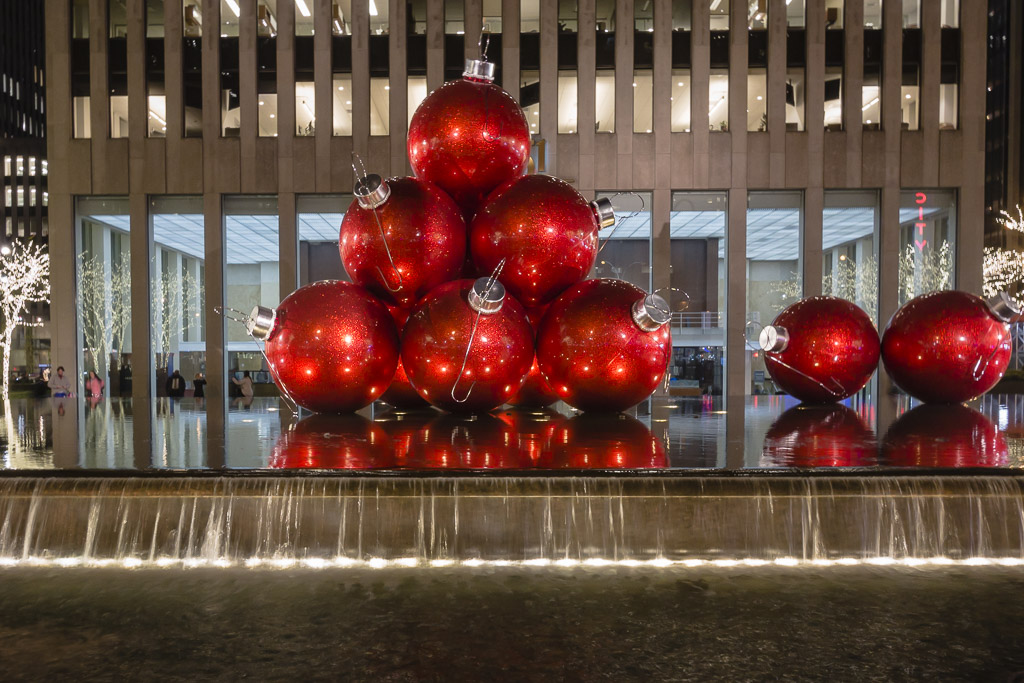Exhaling into Emptiness
In an excerpt from a talk given at San Francisco Zen Center, the late Zen master expounds on the insights of the outbreath. The post Exhaling into Emptiness appeared first on Tricycle: The Buddhist Review.

In an excerpt from a talk given at San Francisco Zen Center, the late Zen master expounds on the insights of the outbreath.
By Shunryu Suzuki Roshi Oct 12, 2024 Suzuki Roshi's Memorial Site. Image via Flickr.
Suzuki Roshi's Memorial Site. Image via Flickr.Shikantaza, our zazen, is just to be ourselves. When we do not expect anything we can be ourselves. That is our way, to live fully in each moment of time. This practice continues forever.
We say, “each moment,” but in your actual practice a “moment” is too long because in that “moment” your mind is already involved in following the breath. So we say, “Even in a snap of your fingers there are millions of instants of time.” This way we can emphasize the feeling of existing in each instant of time. Then your mind is very quiet.
So for a period of time each day, try to sit in shikantaza, without moving, without expecting anything, as if you were in your last moment. Moment after moment you feel your last instant. In each inhalation and each exhalation there are countless instants of time. Your intention is to live in each instant.
First practice smoothly exhaling, then inhaling. Calmness of mind is beyond the end of your exhalation. If you exhale smoothly, without even trying to exhale, you are entering into the complete perfect calmness of your mind. You do not exist anymore. When you exhale this way, then naturally your inhalation will start from there. All that fresh blood bringing everything from outside will pervade your body. You are completely refreshed. Then you start to exhale, to extend that fresh feeling into emptiness. So, moment after moment, without trying to do anything, you continue shikantaza.
Complete shikantaza may be difficult because of the pain in your legs when you are sitting cross-legged. But even though you have pain in your legs, you can do it. Even though your practice is not good enough, you can do it. Your breathing will gradually vanish. You will gradually vanish, fading into emptiness. Inhaling without effort you naturally come back to yourself with some color or form. Exhaling, you gradually fade into emptiness—empty, white paper. That is shikantaza. The important point is your exhalation. Instead of trying to feel yourself as you inhale, fade into emptiness as you exhale.
Instead of trying to feel yourself as you inhale, fade into emptiness as you exhale.
When you practice this in your last moment, you will have nothing to be afraid of. You are actually aiming at emptiness. You become one with everything after you completely exhale
with this feeling. If you are still alive, naturally you will inhale again. “Oh, I’m still alive! Fortunately or unfortunately!” Then you start to exhale and fade into emptiness. Maybe you don’t know what kind of feeling it is. But some of you know it. By some chance you must have felt this kind of feeling.
When you do this practice, you cannot easily become angry. When you are more interested in inhaling than in exhaling, you easily become quite angry. You are always trying to be alive. The
other day my friend had a heart attack, and all he could do was exhale. He couldn’t inhale. That was a terrible feeling, he said. At that moment if he could have practiced exhaling as we do,
aiming for emptiness, then I think he would not have felt so bad. The great joy for us is exhaling rather than inhaling. When my friend kept trying to inhale, he thought he couldn’t inhale anymore. If he could have exhaled smoothly and completely, then I think another inhalation would have come more easily.
To take care of the exhalation is very important. To die is more important than trying to be alive. When we always try to be alive, we have trouble. Rather than trying to be alive or active, if we can be calm and die or fade away into emptiness, then naturally we will be all right. Buddha will take care of us. Because we have lost our mother’s bosom, we do not feel like her child anymore. Yet fading away into emptiness can feel like being at our mother’s bosom, and we will feel as though she will take care of us. Moment after moment, do not lose this practice of shikantaza.
Various kinds of religious practice are included in this point. When people say “Namu Amida Butsu, Namu Amida Butsu,” they want to be Amida Buddha’s children. That is why they practice repeating Amida Buddha’s name. The same is true with our zazen practice. If we know how to practice shikantaza, and if they know how to repeat Amida Buddha’s name, it cannot be different.
So we have enjoyment, we are free. We feel free to express ourselves because we are ready to fade into emptiness. When we are trying to be active and special and to accomplish something, we cannot express ourselves. Small self will be expressed, but big self will not appear from the emptiness. From the emptiness only great self appears. That is shikantaza, okay? It is not so difficult if you really try.
Thank you very much.
♦
 Photo courtesy Harper Collins Publishers
Photo courtesy Harper Collins PublishersFrom Not Always So by Shunryu Suzuki. Copyright © 2002 by San Francisco Zen Center. Used with permission of San Francisco Zen Center.
![]()
Thank you for subscribing to Tricycle! As a nonprofit, we depend on readers like you to keep Buddhist teachings and practices widely available.
This article is only for Subscribers!
Subscribe now to read this article and get immediate access to everything else.
Already a subscriber? Log in.

 Kass
Kass 
































